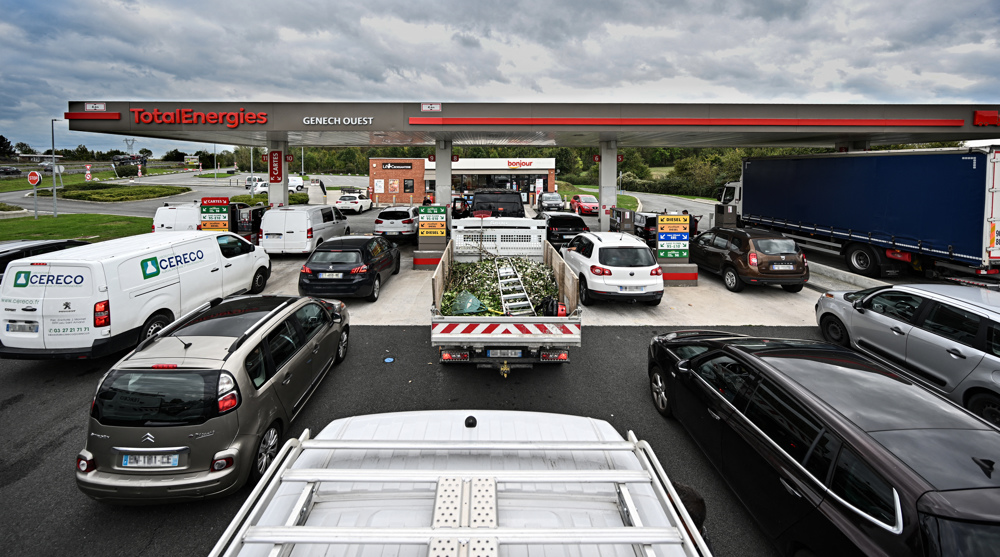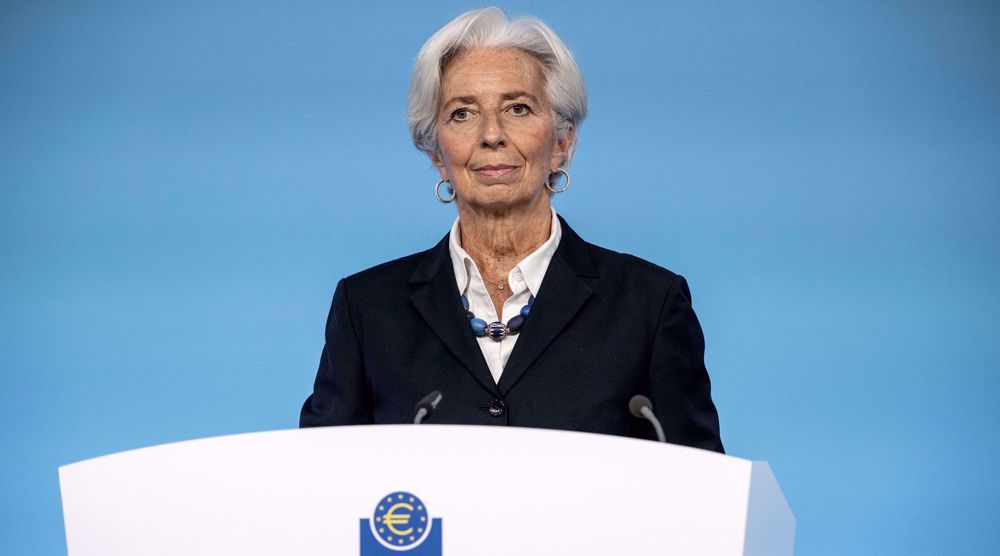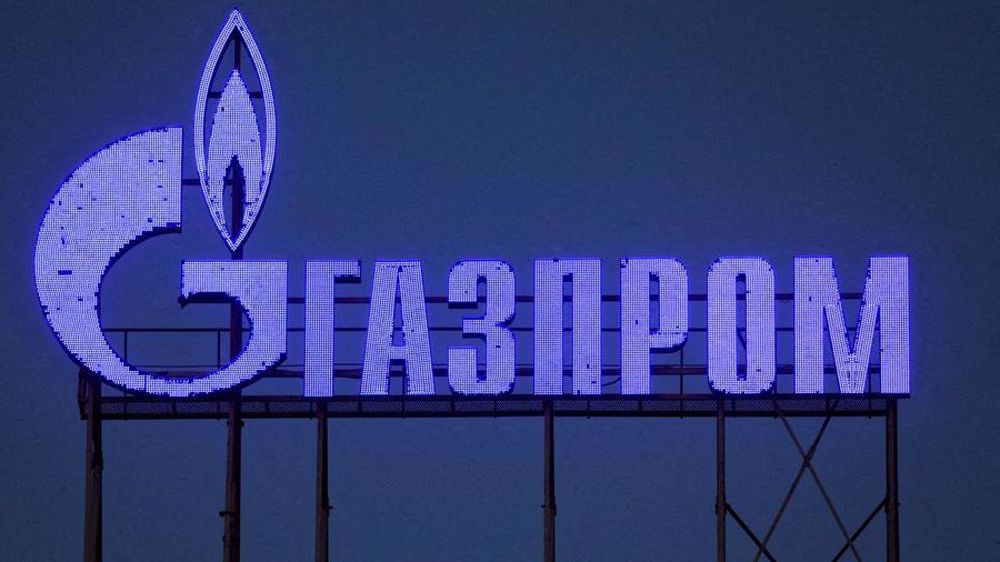France taps into strategic fuel reserves amid prolonged refinery strikes
France has been forced to tap into its strategic fuel reserves to resupply gas stations that have run out of fuel as strikes by workers at refineries and depots disrupt production for a second week.
The French government said on Wednesday that the country had used strategic fuel reserves to resupply stations.
Government spokesman Olivier Veran acknowledged “tensions” but said there was no shortage of fuel stocks on a national level. He urged consumers not to panic-buy.
“We are obviously monitoring very, very closely the situation together with the operators; and, here and there, when it was necessary, we have used our strategic stocks to enable the stations to be supplied,” Veran told reporters.
He said roughly one in every 10 service stations nationally had been experiencing some shortages, but the figure in the north of the country had been closer to one in three.
Workers have been on strike at all five of TotalEnergies’ French refineries and one of its fuel storage depots since September 27, preventing the export of refined products. Two Exxon Mobil refineries have faced similar industrial action since September 20.
General Confederation of Labor (CGT), a French national trade union center, called for the strike action against TotalEnergies over a week ago, as part of broader action across the French energy sector.
Workers have demanded higher pay amid rising inflation, and there have been tensions between the unions and the French government over pension reforms.
Strike action and unplanned maintenance have taken offline more than 60% of France’s refining capacity, equal to 740,000 barrels per day (bpd), forcing the country to import more when global supply uncertainty and increasing energy insecurity have increased costs.
France usually imports about 50% of its diesel needs yearly. Imports generally increase going into the fourth quarter due to refinery maintenance schedules. But data from energy analytics firm Vortexa showed that in the week to October 2, imports of oil products rose 40% week-on-week to cover the production shortfall caused by the strikes.
Uncertainty over how long the French strikes will last has lifted European diesel spreads relative to crude just as Western sanctions against Russia are driving prices higher still.
Russia began what it calls a “special military operation” against Ukraine on February 24. Since then, the United States and its European allies have been slapping sanctions on Moscow.
Russia has in turn almost cut its flow of natural gas to Europe, although it has cited technical difficulties caused by the sanctions for the cutback. That has subsequently led to an unprecedented energy crisis across Europe.
On Wednesday, OPEC Plus approved the cut of 2 million bpd of its output, equal to 2% of global supply, further straining the market, dashing US hopes for lower oil prices, and potentially complicating the energy crisis for Europe.
Students protest at US universities to urge end in financial ties to Israel
Biden signs war aid bill supplying Israel, Ukraine with more weapons
VIDEO | France, West warn Israel against escalation with Iran
Iran refutes Kuwait’s assertion of exclusive rights to Arash gas field
VIDEO | Press TV's news headlines
Region to benefit from Iran-Sri Lanka cooperation: Raeisi
Iran dismisses US allegation of ‘malicious cyber activity’
Calls grow for probe into mass graves Israeli forces left in Gaza















 This makes it easy to access the Press TV website
This makes it easy to access the Press TV website